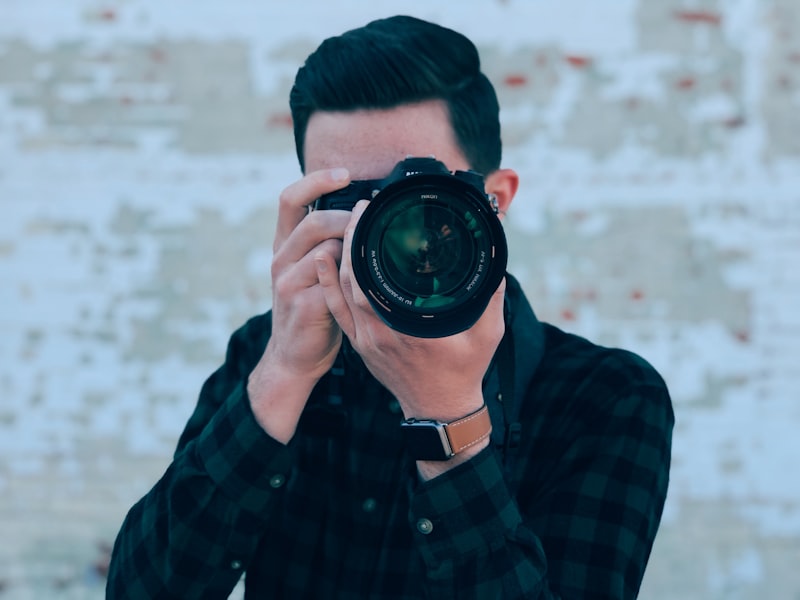In accordance with the newest numbers, roughly 9 million Americans - 4% of U.S. adults - use prescription sleep aids, or medications that will help with insomnia and different sleep issues. And now, some of the most popular prescription sleep drugs should carry stronger security warnings.
In April, the Meals and Drug Administration (FDA) mandated black-field warnings - which the agency uses to “call consideration to critical or life-threatening risks” - on three sedative-hypnotic sleep aids: eszopiclone (usually offered beneath the model name Lunesta), zaleplon (Sonata) and zolpidem (Ambien). Hypnotic medication, that are used to immediate or maintain sleep, have been related to 20 reported deaths and 46 non-fatal but critical accidents, in keeping with the FDA.
Accidents included unintended overdoses, falls and near-drownings, while deaths were brought on by carbon monoxide poisoning, hypothermia, car accidents, obvious suicide and more, the FDA stated. “While these incidents are rare, they are critical and it’s essential that patients and well being care professionals are aware of the danger,” acting FDA Commissioner Dr. Ned Sharpless stated in an announcement.
Here’s what the analysis says in regards to the safety - and potential dangers - of prescription sleep aids.
Sleeping pills have well-documented uncomfortable side effects
The unwanted side effects of sleeping pills vary by medication, however they will embrace dizziness, headache, gastrointestinal points, prolonged drowsiness, allergic reactions, reminiscence problems and performing daily activities whereas partially asleep, in line with the Mayo Clinic. Case studies, including one published in 2017 and one other in 2013, have also linked utilizing zolpidem to suicidal behavior, probably even throughout sleep. Alcohol or other prescription medication may also work together poorly with sleeping pills, probably resulting in more uncomfortable side effects or complications.
While most people who take prescription sleeping pills don't experience main issues, the FDA has been concerned about their unintended effects for years. In 2013, it recommended lower bedtime doses of zolpidem in an effort to cut down on points like subsequent-morning drowsiness (which can contribute to car accidents and extra). That announcement did not specifically address dangerous mid-sleep behaviors, which studies say have included driving, using the stove and even committing crimes or appearing violently. (Blaming unlawful or erratic behavior on sleep medicine is often called the “Ambien protection,” which was memorably utilized by comic Roseanne Barr after she posted a racist tweet in 2018.)
Sleep medicine have been linked to life-threatening situations
A 2012 examine linked using hypnotic sleep aids - including zolpidem, eszopiclone, zaleplon and others - to a higher risk of early dying, even if individuals had been prescribed fewer than 18 pills a yr. People who had been prescribed probably the most hypnotics have been 35% extra doubtless than individuals who didn’t use them to develop a new most cancers after about 2.5 years of follow-up, the researchers found.
The examine only confirmed associations, not cause and effect. Nevertheless it bolstered the thought that people should avoid taking sleep aids each evening or for prolonged intervals of time, if attainable. オンライン 眠剤 concluded that “hypnotics are associated to severe illnesses and premature deaths from cancer, critical infections [mostly of the upper-respiratory system], mood disorders, unintended injuries, suicides and homicides.”
Sleeping pills may be habit-forming
The authors of one paper revealed in 2001 warned that “any agent used to induce sleep can lead to a dependence on that agent to induce sleep,” doubtlessly making it troublesome to drift off without treatment or requiring a higher dose to achieve the identical results. Some customers could even experience withdrawal if they stop taking sleep drugs, in line with the Addiction Heart. (Over-the-counter aids like melatonin and people containing diphenhydramine, like Benadryl, can include similar risks, in keeping with Consumer Reviews.) This risk is particularly high for people who use sleeping pills each evening, which further underscores that occasional use is preferable to nightly consumption.
However it’s possible to take them responsibly
Whereas it’s inconceivable to definitively say who will expertise uncomfortable side effects after taking sleep aids, there are methods to scale back the danger. People ought to study the potential uncomfortable side effects and remedy interactions earlier than beginning a new drug and comply with their doctor’s instructions when taking sleep aids. The Mayo Clinic also recommends not mixing alcohol with sleep medicine and only taking them simply before a full evening of sleep to scale back the danger of unwanted side effects and harmful conduct.
And as an alternative of relying on sleep aids, individuals should attempt to handle underlying stressors or health issues which may be contributing to sleep disorders. For higher sleep, consultants recommend minimizing display and know-how use at night time, sleeping and waking at the same time day-after-day and working towards relaxing behaviors, like reading or journaling, earlier than bed.
Are Sleeping Pills Protected?
